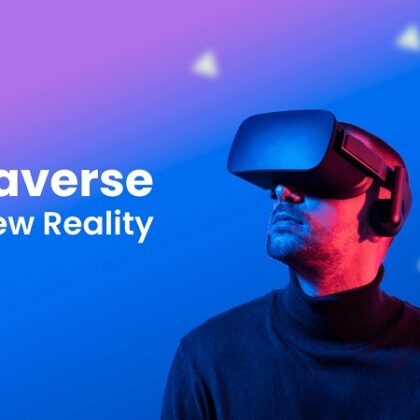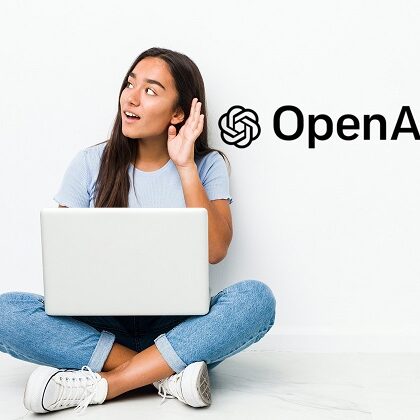Artificial intelligence (AI) has been a topic of much discussion in recent years. As the technology advances, there are concerns that it may displace human workers, leading to widespread unemployment. These concerns are not unfounded, as AI has already begun to replace human workers in some industries, particularly those that rely heavily on repetitive tasks.
ChatGPT is one example of AI technology that is designed to help people communicate more effectively. ChatGPT is a large language model developed by OpenAI that is capable of processing vast amounts of natural language input and generating natural language responses that are often difficult to distinguish from those generated by humans. ChatGPT can be used in a variety of applications, including customer service, personal assistants, and language translation.
While ChatGPT has many useful applications, some people worry that it may lead to job losses. The fear is that as ChatGPT becomes more advanced, it will be able to perform many of the tasks that humans currently do, such as answering customer service inquiries or translating documents. If this happens, it could lead to widespread job losses, particularly in industries that rely heavily on these types of tasks.
There is no doubt that AI is already displacing some human workers. For example, many manufacturing jobs have been replaced by robots, and AI-powered customer service chatbots are increasingly common. However, it is important to note that AI is not necessarily a job killer. While it may displace some workers, it also has the potential to create new jobs in industries that require expertise in AI technology.
In addition, AI can also augment human workers, making them more efficient and productive. For example, an AI-powered customer service chatbot can handle routine inquiries, freeing up human customer service representatives to handle more complex issues. Similarly, AI-powered language translation can assist human translators by providing them with tools to speed up their work.
Moreover, there are many tasks that AI is simply not suited for. For example, AI may struggle with tasks that require creativity or emotional intelligence, such as writing a novel or providing counseling. These types of tasks are likely to remain the domain of human workers for the foreseeable future.
It is also important to note that AI is not a panacea for all business problems. Implementing AI technology can be expensive and time-consuming, and it may not always be the best solution for a particular business problem. In some cases, a human solution may be more effective or cost-efficient.
In conclusion, while AI is already displacing some human workers, it is not necessarily a job killer. AI has the potential to create new jobs in industries that require expertise in AI technology and can augment human workers by making them more efficient and productive. Moreover, there are many tasks that AI is simply not suited for, which will remain the domain of human workers for the foreseeable future. Implementing AI technology requires careful consideration of the potential benefits and costs, and businesses should carefully evaluate whether AI is the best solution for a particular problem.





